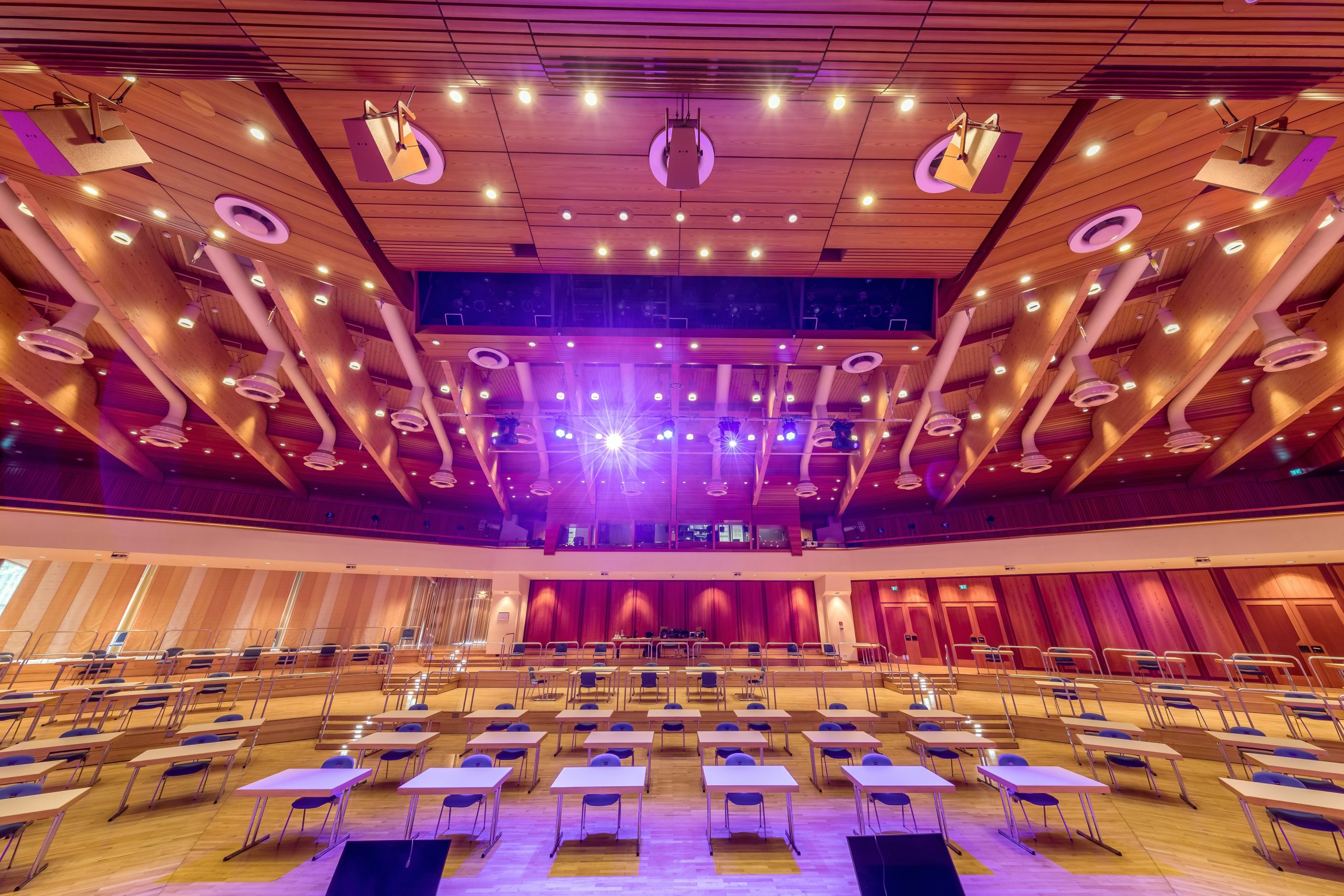
Image supplied by NAS Solutions
Read the Term 3 edition of School News HERE
School-wide communication is important in a variety of scenarios. Each time a bell rings to tell students and staff a period is beginning or ending, that’s a school-wide communication. Announcements, particularly for large schools, are often delivered over PA systems for efficacy and minimal disruption. Instant school-wide communication is also important for safety and security reasons. Should an urgent announcement need to be made, a PA system can ensure students and staff are prepared for any emergency.
As schools grow both physically and in roll size, efficient school-wide communication becomes increasingly important. For smaller schools, it may be time to start considering a PA, while larger schools might need systems upgrades, especially if they are still expanding. There are several solutions, and the most efficient and cost-effective PA systems may vary depending on your school’s needs.
First, audio over IP (Internet Protocol) could be a convenient way to extend school PA networks. It simply means using (often existing) IP network to connect a speaker system. These systems could include software to help schedule alarms or bells, voice messages, announcements and more. The scheduling function is particularly convenient for any staff in charge of the PA system. It also centralises the control of the system.
This form of speaker-system is also a secure and stable way to make broadcasts. It can reach all areas of campus and ensure that coordination is efficient and immediate. For example, if there is an intruder or other danger, schools can be quickly locked down and the appropriate authorities alerted. A PA system also makes coordinating resources easier for any emergency management purposes, like a storm, earthquake, or tsunami response.
There are also more everyday advantages of using a PA system for school-wide communications. School bells, for example, can be changed from a harsh ringing to almost any noise imaginable. This is particularly advantageous for children or young people with sensory needs who may be sensitive to loud noises. It could also facilitate school bonding, especially for younger children, if there is a song or a jingle to mark periods and lunchtimes.
With some software, an IP PA system could be organised into discrete areas of the school, so that what happens in one part of the campus doesn’t disturb another class. An IP PA system, then, could be useful for occasions such as sports games, where score or commentary could be read out over the localised zone without disturbing other parts of campus.
Portable PA systems may be important for some schools. These are particularly handy for sports days or outdoor teaching as well as events and fundraisers. Some are even wireless, and have extended battery lives. When not out and about, these portable systems can be stationed around the school and hooked into the existing PA system.
Euan Mackenzie from NAS Solutions said infrastructure is an important consideration in designing any muti-building system. “Paging systems can require specific field cabling to facilitate local volume control, and restoration for important announcements. Modern paging and PA system designs can take advantage of existing IT network infrastructure, providing a significant cost saving,” Mr Mackenzie said.
“Modern PA systems can offer more power efficiency and better control than previously possible, greatly increasing intelligibility and therefore reducing listener fatigue. This controlled design can also lessen noise transmission between rooms, reducing distraction from adjacent classrooms.
“The control system at the heart of modern PA designs can control and monitor video, window blinds, and lighting systems if desired. One touch can ready everything needed for a class.
“IP networked paging systems can be setup with redundancy fail safes which can be cheaper and more practical to achieve over IT network infrastructure. Pre-recorded emergency messages can be triggered by fire alarm systems, and the monitoring function can be useful in reporting the systems performance following drills.
“Touchscreens can be custom designed to limit user access by passcode, and simplify controls for exactly what each user needs. Interfaces can even be run on a network computer where remote access has been enabled by the school’s IT department.”
A new report from the University of Auckland’s Our Voices Project asks young people what…
The government has opened a tender for new standardised assessment tests, leaving educators shocked and…
Early in her career, Kiri Turketo found inspiration in an unlikely source. In this Principal…
Real stories of dedication, challenges, and triumphs from educators in NZ. Part six comes from…
Is fast furniture impacting your school's environmental footprint? We explore eco-friendly solutions to reduce furniture…
A new report from the New Zealand Initiative argues we need a stronger and clearer…
This website uses cookies.